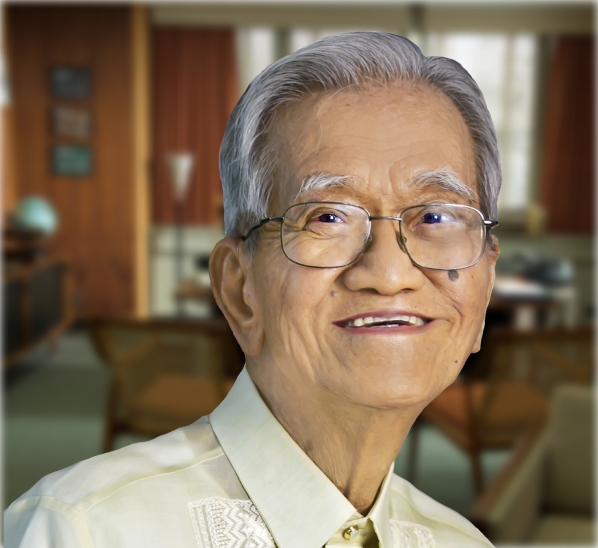Committing himself wholly to the cause of social development, HOWARD DEE, together with Francisco Araneta S. J., founded Assisi Development Foundation (ADF) in 1975 to \u201cpursue peace through development with justice.\u201d
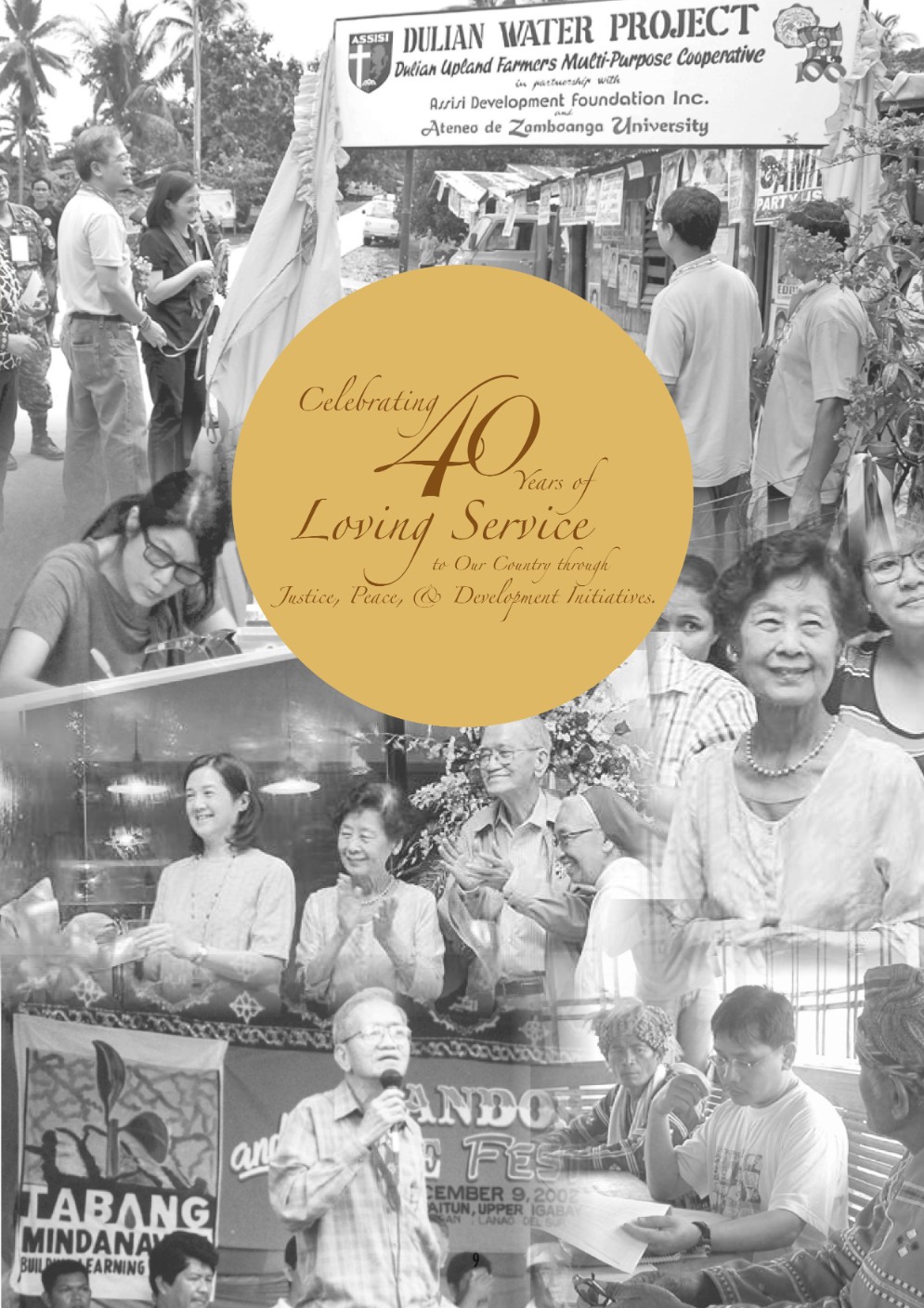
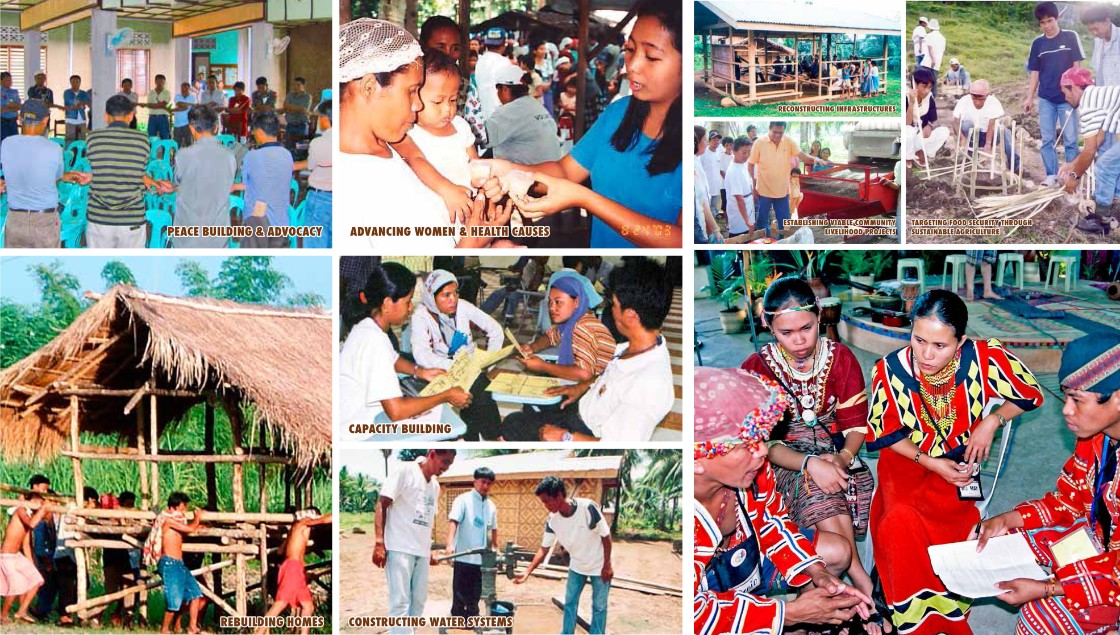
Poverty eradication. Indigenous people\u2019s rights. Social justice. Peace building. These intertwined issues have driven and been the consistent forces of ADF\u2019s 4,123 projects, benefitting over 10.5 million Filipino to date.
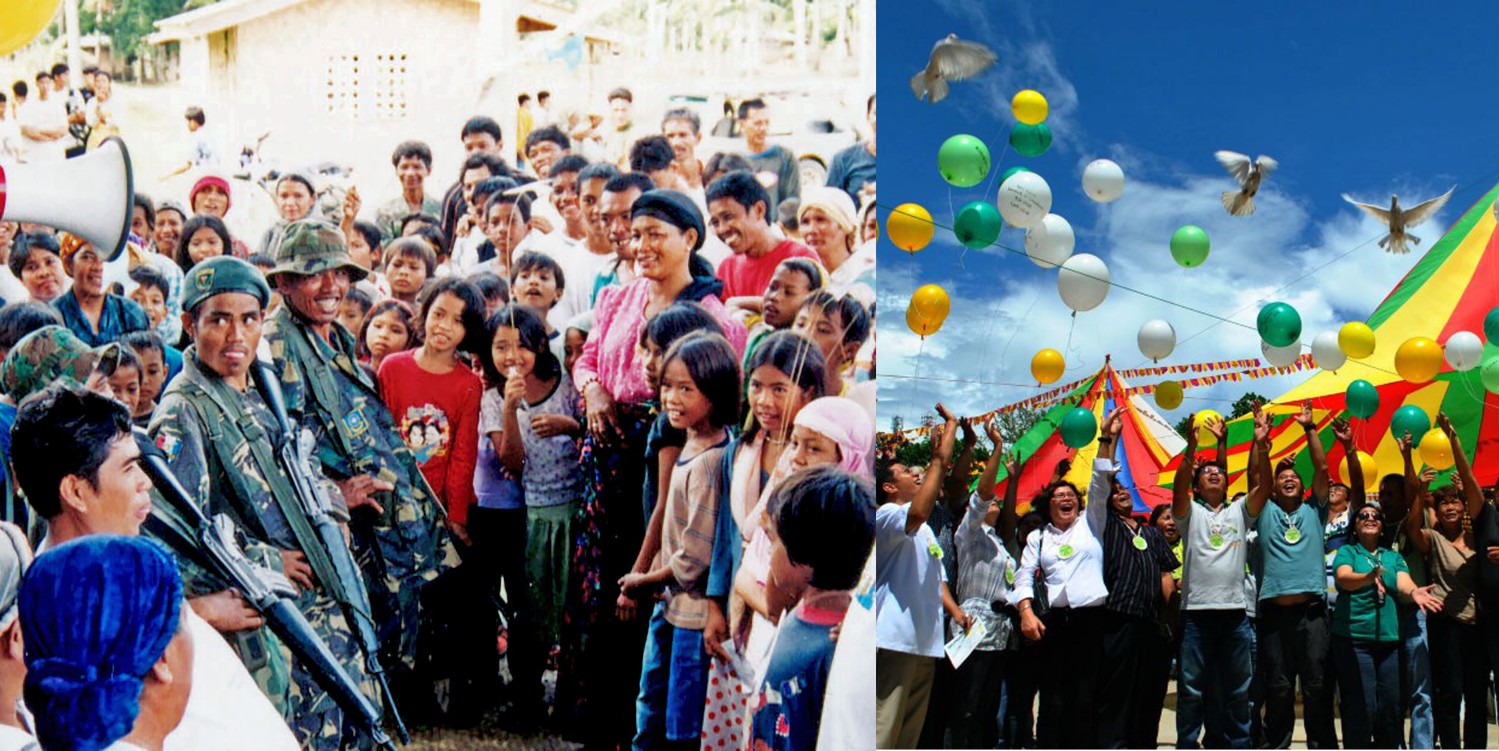
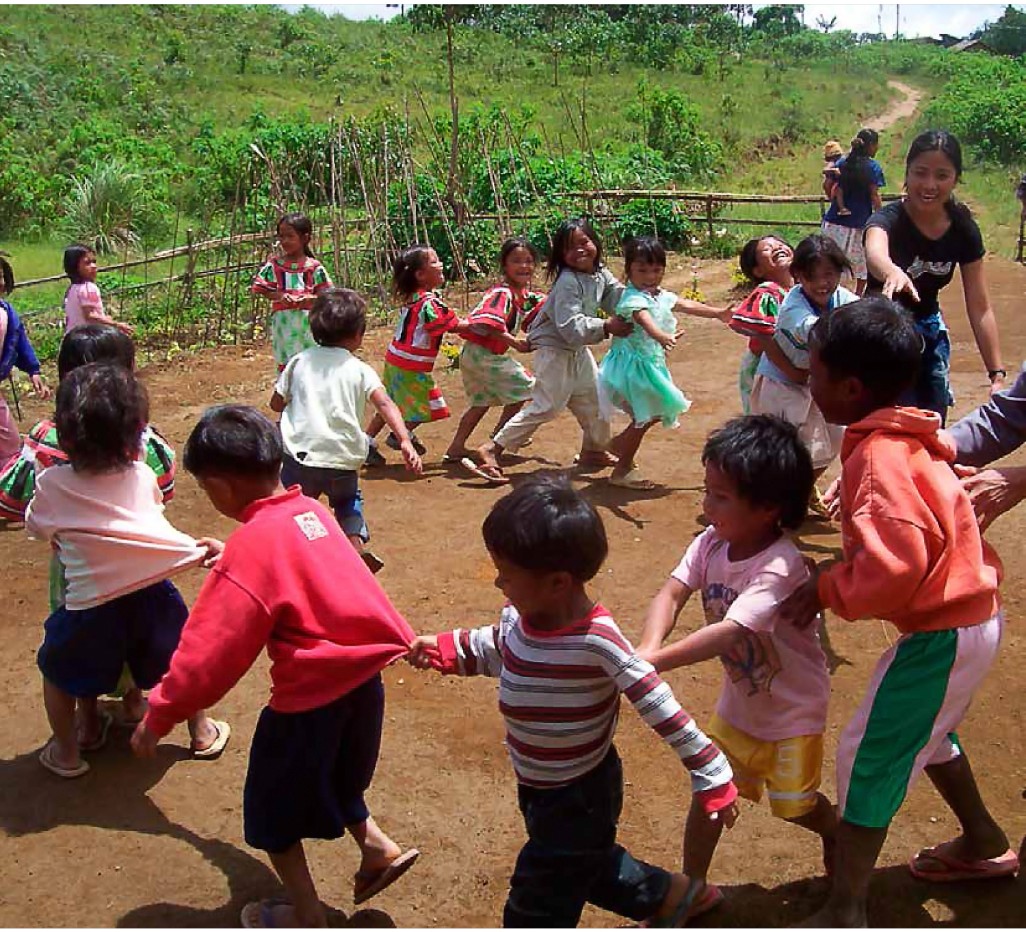
If DEE sees his many engagements as part of an integral whole, the work he does is also integral to the man. Deeply spiritual, DEE explains himself thus, \u201cLoving others is an expression of being human. We can\u2019t be human unless we are just.\u201d
Poverty eradication. Indigenous people’s rights. Social justice. Peace building. Each of these issues involves complex aspirations, seemingly intractable conflicts, radical implications. All are interconnected, elusive, yet crucial to building a progressive, inclusive society. In the Philippines, no one private citizen has been as directly engaged in addressing all these issues as HOWARD DEE.
DEE was born to a middle-class Chinese family engaged in the lumber business. Living in Tondo, Manila, working in a lumber yard while a student, and raised in the values of frugality, hard work, and concern for the poor, DEE developed his social sympathies early. After his studies at Manila’s University of the East, he carved out a successful business career as shareholder and president of United Laboratories (Unilab), a pioneering local pharmaceuticals company. Even then, his interest in social work was evident, when in 1970 he helped establish Philippine Business for Social Progress (PBSP), composed of business corporations, modeled after a Venezuelan initiative in which member-companies commit to donate 2% of their profits to social development. PBSP was a response to a deep political and economic crisis that would lead to the declaration of martial law in 1972.
This historical moment marked a crisis of conscience for DEE. He withdrew from Unilab; feeling that PBSP was “too little, too late,†he decided to commit himself wholly to the cause of social development. With Jesuit priest Francisco Araneta he founded Assisi Development Foundation (ADF) in 1975, a foundation that, invoking the saint who loved the poor and lived with them, seeks to “pursue peace through development with justice.â€
Peace, development, and justice are the intertwined issues driving DEE and ADF. In over four decades of work, ADF has implemented 4,123 projects that have served 10.5 million Filipinos. It incubated ASA Philippines, established in 2004, that has become one of the largest, best-performing microfinance institutions in the country. Working with the Catholic Church, ADF initiated Hapag-Asa, an integrated nutrition program that has fed 1.8 million children. During the period 1998-2002, DEE initiated a concerted response to life-threatening emergencies in Mindanao, southern Philippines, caused by drought and famine, people displaced in the armed conflict between Muslim separatists and the government, and the deportations of Filipinos from Sabah. Mobilizing a multisectoral task force of corporate, civil society, media, and church groups, the Tabang Mindanao (“Help Mindanaoâ€) program provided over 2,000,000 families with food relief, shelter, water systems, farm support, and health and education assistance. Subsequently, ADF took up the cause of indigenous peoples (IP) rights through legislative advocacy, scholarships, leadership training, and IP development programs, like the innovative Pamulaan Center for Indigenous People’s Education in Mindanao.
DEE does not present himself as a “leader†but a “convenor†choosing to remain mostly invisible as he resolutely assembles people, institutions, and resources in addressing a societal problem. It is in this role that his impact has been far-reaching. He is a person who thinks strategically and works quietly but effectively, one whose dedication to social service and personal integrity are unquestioned. For this reason, he has been asked by government and civic leaders to lead peace-building and reform initiatives such as the National Peace Conference (1990-92), Social Reform Council (1993-95), Peace Talks with the Communist Party (1993-94), and the Bangsamoro Basic Law Peace Council (2015). That he did not shirk the challenge of facing the most intractable issues demonstrates his deep capacity for service. That he served five Philippine administrations in four different capacities shows the deep trust he enjoys across sectoral and party lines.
If DEE sees his many engagements as part of an integral whole, the work he does is also integral to the man. Deeply spiritual, DEE explains himself thus, “Loving others is an expression of being human. We can’t be human unless we are just.â€
In electing HOWARD DEE to receive the 2018 Ramon Magsaysay Award, the board of trustees recognizes his quietly heroic half-century of service to the Filipino people, his abiding dedication to the pursuit of social justice and peace in achieving dignity and progress for the poor, and his being, by his deeds, a true servant of his faith and an exemplary citizen of his nation.
It is with a deep sense of profound gratitude, and unworthiness, that I receive this great and distinct honor, the Ramon Magsaysay Award for 2018. The accomplishments attributed to me, in truth, are not mine alone, but of many co-workers. We receive this Award on behalf of our Lord and Master for whom we work: the “Omnipotent One in Threeâ€. He is our motivation and our inspiration, the source of our strength and the strength of our cause. All that we do is to follow His commands and do His holy will. Nothing is impossible for Him.
There are a number of people I wish to thank. First of all, my wife Betty and my family for their love, prayers and sacrifices to support and sustain my work. Then, I wish to thank the five presidents of the Philippine Republic who gave me their trust and the privilege to work for five administrations: their Excellencies, President Cory Aquino, President Fidel Ramos, President Joseph Estrada, President Gloria Macapagal Arroyo, and President Benigno Simeon Aquino III.
There are many colleagues, associates and co-workers who gave me invaluable help in my social apostolate of 50 years. I wish to thank all of you: in public service, in the peace office, in foundation work and development agencies, local and international, for your dedication to the cause of the poor and for your work for justice, peace and development. Special thanks to our Catholic bishops, priests, religious and laity and to our Muslim brothers and indigenous peoples of the Philippines.
Some of you have written me: and I detect a general sense of discouragement and even despair during these difficult times. This is my advice: “Do not be discouraged. Do not despair. It is in the darkness that our lamps should be lit. It is in the darkness that we see the stars of heaven. The victory promised by our Blessed Mother at Fatima is near. Goodness and righteousness will triumph! Justice and peace will reign in our land.â€
And finally, my heartfelt thanks to the Ramon Magsaysay Award Foundation for keeping alive the legacy of President Magsaysay’s greatness of spirit, so that “those who have less in life would have more in law.â€
Mabuhay Ramon Magsaysay! Mabuhay Pilipinas, ang bayang magiliw! Aming ligaya na pag may mang-aapi ang mamatay ng dahil sa iyo!
Related Articles
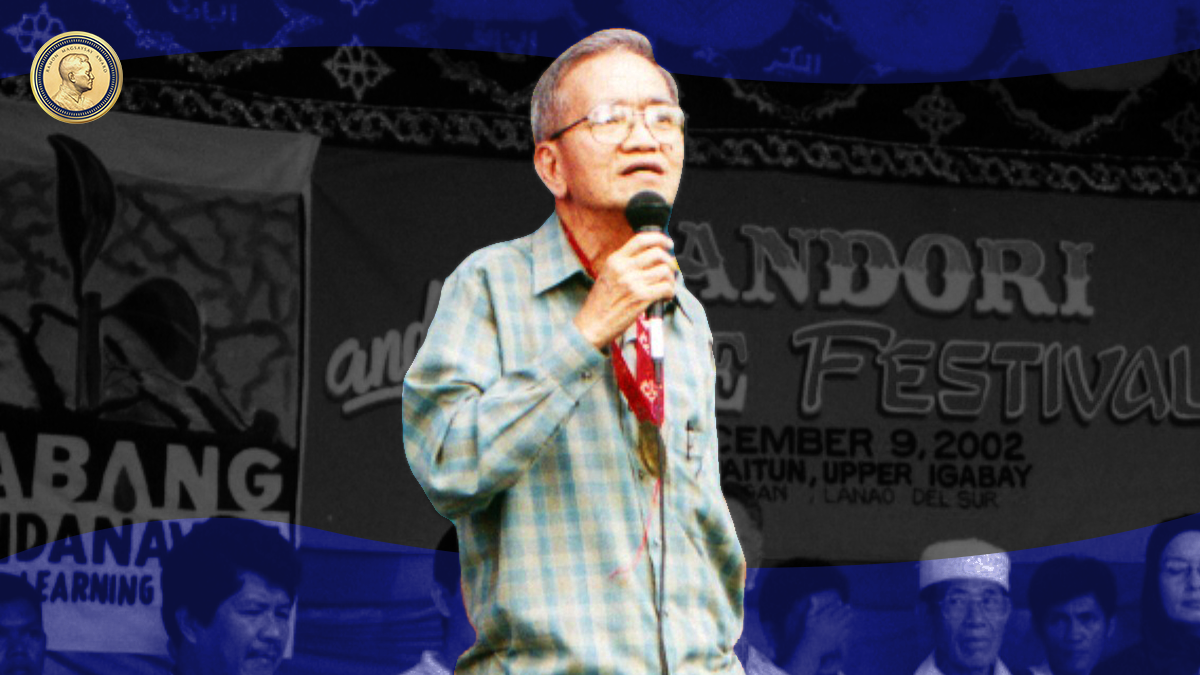
A Tribute to 2018 Ramon Magsaysay Awardee Howard Dee
Aug 22, 2024

